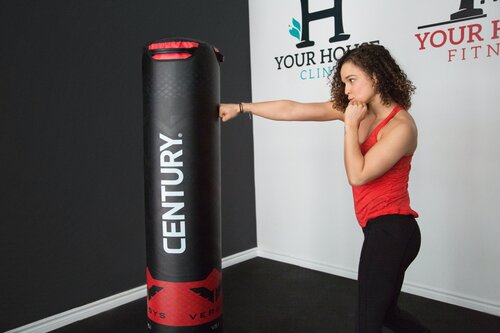Every entrepreneur wants to engage their target audience. But do you have the right research method to accomplish that? To ensure your new project will be relevant to your consumer, you should consult a marketing expert specializing in User Research.
What is User Research
User research gives you qualitative feedback on your project during the first stages of development. It gives you the right information about your consumer to empathize with their needs and create a positive user experience.
Common user research methods are focus groups, interviews, and usability studies. With these methods, your marketing agency observes the consumer to get insight into how they think and feel. However, as Osgood Feilding III said in the classic, Some Like It Hot, “Nobody’s perfect!”.
While user research might get you detailed feedback, these methods don’t factor in one thing all humans have in common; the subconscious reflex to be unpredictable and confusing.
Why Common User Research Methods Don’t Work
Focus groups allow researchers to ask open-ended questions about each user’s experience to a group that fits the target market. But, based on social dynamics and a phenomenon called groupthink, a strong speaker within the group could influence others or make them hesitant to share their opinions.
One-on-one interviews could solve this problem and allow users to feel free to share their thoughts and feelings about your project. However, according to Dorthy Leonard, author of Knowledge Creation and Management, people don’t really know what they want.
“We are simply unaware of our own processing of stimuli, and we are therefore unable to accurately inform anyone (including ourselves) about what we really want.” – Dorthy Leonard
So how can users inform researchers what they need and why if they don’t truly know themselves?
This is a roadblock many marketing experts have encountered when researching user experience. However, this does not mean entrepreneurs and marketing agencies should settle for mediocre feedback. They simply need to get inside the mind of their consumer.
Getting Inside the Mind of Your Consumers
One way to elevate your user research strategy so that you can get inside your consumer’s mind is to utilize the power of metaphor. Gerald Zaltman, a Harvard Business School professor, developed the Zaltman Metaphor Elicitation Technique (ZMET).
ZMET uses visual and non-visual metaphors provided by the target consumer to represent a thought or a feeling about a word or topic.
“This insight spawned an entirely new field of research: the use of imagery to facilitate deep probing into people’s true thoughts and feelings.”
– Olsonzaltman.com
HOW TO USE THE ZMET
Pretend you are a company that sells self-defense equipment. Your new project is to launch a line of products targeted to women. You want to figure out what women feel that they need when it comes to self-defense.
If you are using the ZMET, you host one-on-one interviews with users from your target market. You ask them to prepare for the interview by collecting images, videos, and audio representing the word “self-defense.”

One woman comes in with an assortment of pictures: one with a gun, one with pepper spray, and one with a taser. Without a word from your user, the images alone suggest she feels the need to have a weapon at her disposal to defend herself.
Another woman brings a picture of hand-to-hand defense and an audio clip of a car alarm. This suggests that she might not be comfortable with a weapon but still wants to know how to protect herself.

After conducting enough interviews, you find these are two prevalent themes that appear in your results. Those themes establish what are called key constructs. Those constructs are the main elements to create a consensus map that solidifies what needs should be met with your new project.
So, based on your user research, you can design a self-defense line that meets both types of needs. One where women benefit from a selection of concealed carry accessories while another would like a key chain that emits a loud alarm.
The Skinny
Using the ZMET gives you the insight to confidently launch your projects because you know what’s on your consumer’s mind. This enables you to confidently provide them with the products that they need. Leverage the expertise of a marketing and advertising agency to implement ZMET into your user research process.





